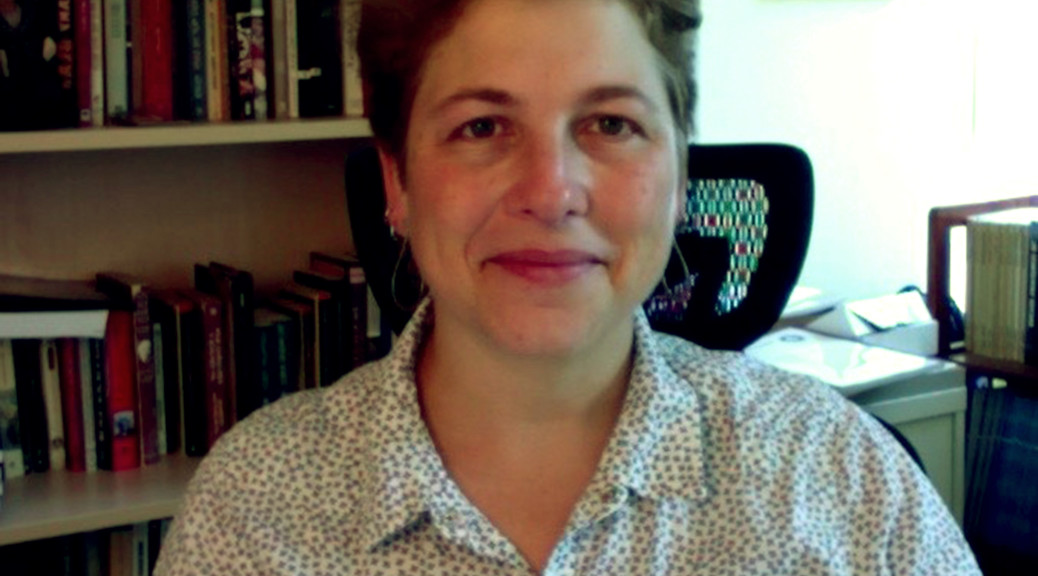SARAH CHINN
Professor of English, Hunter College
Intellectually there wasn’t push back. No one said no, you can’t do this, or this isn’t an appropriate field. The students were very aware of lesbian and gay studies, queer theory, as a thing. Well, for example, when we brought Eve Sedgwick or Judith Butler, it was standing room only. There was just no room in the room. But was it happening curricularly on the graduate level? Not really. Anne McClintock was there, and she was starting to do works on the sex industry. I took a class with her on narratives of the sex industry. So there was that, and she was super queer friendly. There were definitely faculty there who were very open to queer work, and did gender and sexuality in their work. So a lot of the Early Modernists, the work that was being done on cross dressing and that kind of stuff. But there was not a sense of a political commitment to lesbian and gay studies in the same way. Do you know what I mean? And there were no courses, to my memory, that were focused on that. No, we felt like we were doing this thing, but there was no negative response. People were like, “Oh, okay, great. Go ahead, go for it. We have a little bit of money we can give you, but that’s about it.”
IRWAG was very supportive, very supportive from the very beginning. I don’t know if we could have done what we did really without them, because they had a space we could use, and they gave us like forty dollars a month for refreshments and stuff like that, and that’s not nothing. Also as someone who’d come out of women’s studies and been really involved in the Yale Women’s Center, to me the place you go is where the feminist work is being done. That’s where you go, and it’s true here at Hunter as well. The really important gender and sexuality work I think is happening in women’s and gender studies. That’s where it’s happening, and that’s where it’s happening on the ground with the students. That’s where the nurturing of students doing sexuality studies is happening, in a concentrated way.

